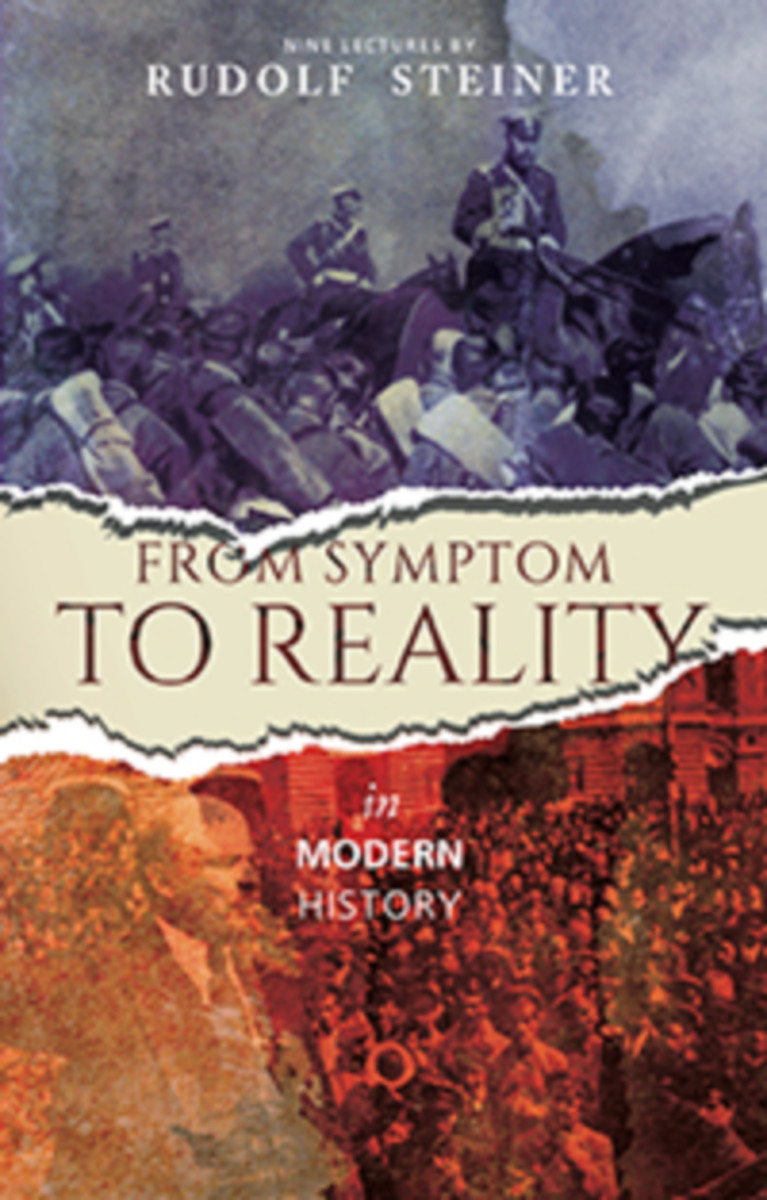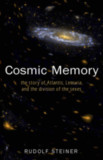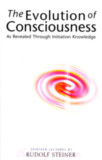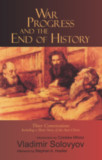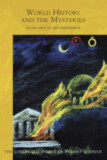From Symptom to Reality In Modern History
(CW 185)
- Publisher
Rudolf Steiner Press - Published
1st August 2015 - ISBN 9781855844148
- Language English
- Pages 256 pp.
- Size 5.5" x 8.5"
9 lectures, Dornach, October 18 – November 3, 1918 (CW 185)
In a radical approach to understanding current affairs and history, Steiner presents a method of penetrating to the hidden causes and realities behind outer appearance. He tells us that contemporary life cannot be fully understood by an analysis restricted to external events. Deeper levels of meaning are revealed when we begin to view such events as symptoms. The causes of the symptoms (the reality behind them) are discovered on other levels of existence.
Rudolf Steiner demonstrates his “symptomatological” approach in these lectures, surveying some of the great developments in consciousness that have helped form the world during recent centuries. He examines the role of true socialism, the rise of nationalism, and describes contrasting approaches to religion by distinguishing between “People of the Christ” in Russia, “People of the Church” in Central Europe, and “People of the Lodges” in the West.
This book is a translation from German of Geschichtliche Symptomatologie (GA 185).
C O N T E N T S:
1. The Birth of the Consciousness Soul
2. Symptomatology of Recent Centuries
3. The Historical Significance of the Scientific Mode of Thinking
4. Characteristics of the Supersensible behind Historical Symptoms
5. The Mystery of Evil
6. Brief Reflections on the Publication of the New Edition of The Philosophy of Freedom
7. Incidental Reflections on the Occasion of the New Edition of Goethes Weltanschauung
8. Religious Impulses of the Fifth Post-Atlantean Epoch
9. The Relation between Deeper European Impulses and Those of the Present Day
Notes
Rudolf Steiner
Rudolf Steiner (b. Rudolf Joseph Lorenz Steiner, 1861–1925) was born in the small village of Kraljevec, Austro-Hungarian Empire (now in Croatia), where he grew up. As a young man, he lived in Weimar and Berlin, where he became a well-published scientific, literary, and philosophical scholar, known especially for his work with Goethe’s scientific writings. Steiner termed his spiritual philosophy anthroposophy, meaning “wisdom of the human being.” As an exceptionally developed seer, he based his work on direct knowledge and perception of spiritual dimensions. He initiated a modern, universal “spiritual science” that is accessible to anyone willing to exercise clear and unbiased thinking. From his spiritual investigations, Steiner provided suggestions for the renewal of numerous activities, including education (general and for special needs), agriculture, medicine, economics, architecture, science, philosophy, Christianity, and the arts. There are currently thousands of schools, clinics, farms, and initiatives in other fields that involve practical work based on the principles Steiner developed. His many published works feature his research into the spiritual nature of human beings, the evolution of the world and humanity, and methods for personal development. He wrote some thirty books and delivered more than six thousand lectures throughout much of Europe. In 1924, Steiner founded the General Anthroposophical Society, which today has branches around the world.


